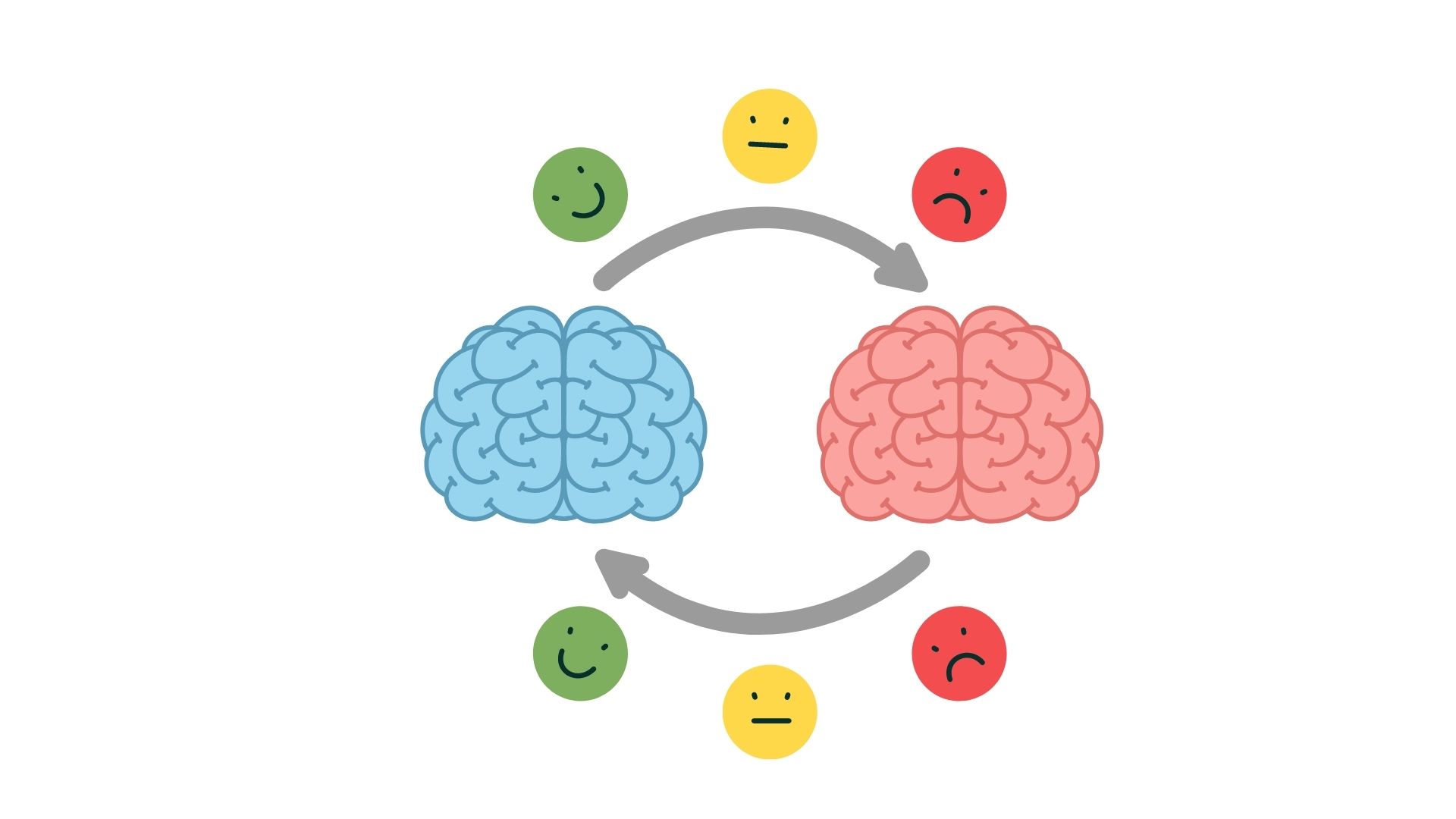How Cognitive Bias Can Affect Investing
Why do investors sometimes fall into the trap of buying high or selling low? Why do many of us procrastinate in saving for retirement, despite knowing its importance? Behavioural economists have shown that cognitive biases can prevent us from making the best decisions. Our brains operate in two cognitive states: automatic and reflective. Our automatic system is uncontrolled, fast and unconscious. Our reflective system is controlled, effortful and deductive. Cognitive biases occur when the automatic system, often influenced by the current environment, dominates the reflective system.

These behavioural biases can affect the way we invest. “Herd behaviour,” the tendency to follow the actions of a larger group, can cause investors to buy or sell due to pressure from others who are doing the same. “Recency bias” causes investors to believe that recent patterns or events in the markets will continue into the future. According to scientists there are 188 known cognitive biases that can lead us astray. The visual shows just a handful. See the full infographic at: www.visualcapitalist.com/every-single-cognitive-bias/

The good news? With a bit of effort, we can learn to control these behaviours. Some of the most seasoned investors have trained themselves to avoid emotional impulses. We can also integrate techniques into our investing prog
rams, like regularly rebalancing portfolios, using managed products to put buy and sell decisions in the hands of experts, or incorporating systematic saving or investing programs to avoid market timing.
Most importantly, don’t forget the influence these biases can have on investing and plan ahead before they can have an impact. This may include sticking to your wealth plan during volatile times or avoiding the urge to react to social and media pressure. We are also here to help as we work with you towards achieving longer-term success.
The Cognitive Bias Codex: An Excerpt

The information contained herein has been provided for information purposes only. Graphs, charts and other numbers are used for illustrative purposes only and do not reflect future values or future performance of any investment. The information has been provided by J. Hirasawa & Associates and is drawn from sources believed to be reliable.
The information does not provide financial, legal, tax or investment advice. Particular investment, tax, or trading strategies should be evaluated relative to each individual’s objectives and risk tolerance. This does not constitute a recommendation or solicitation to buy or sell securities of any kind. Market conditions may change which may impact the information contained in this document. Wellington-Altus Private Wealth Inc. (WAPW) and the authors do not guarantee the accuracy or completeness of the information contained herein, nor does WAPW, nor the authors, assume any liability for any loss that may result from the reliance by any person upon any such information or opinions. Before acting on any of the above, please contact me for individual financial advice based on your personal circumstances. WAPW is a member of the Canadian Investor Protection Fund and the Investment Industry Regulatory Organization of Canada.
©️ 2023, Wellington-Altus Private Wealth Inc. ALL RIGHTS RESERVED. NO USE OR REPRODUCTION WITHOUT PERMISSION


